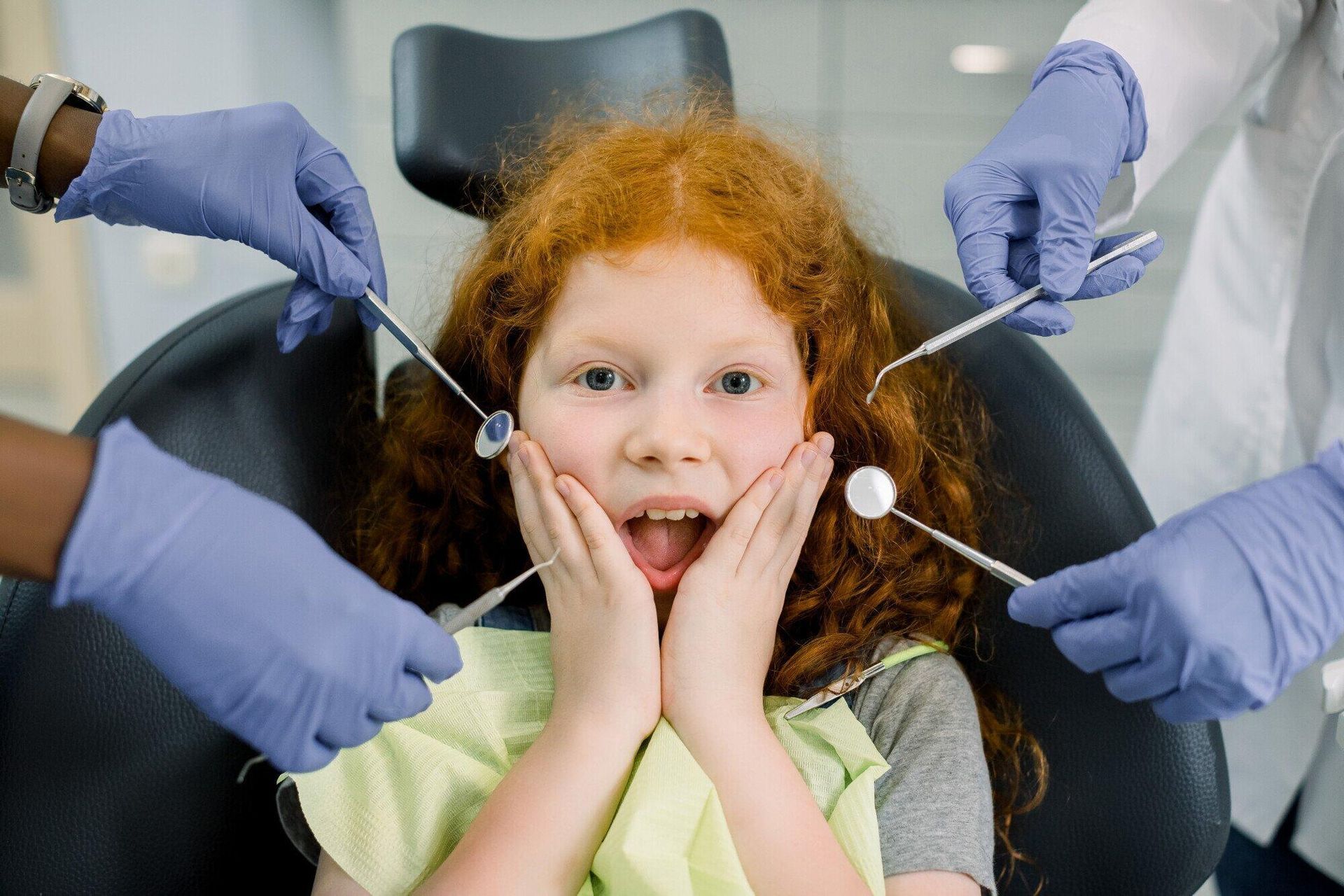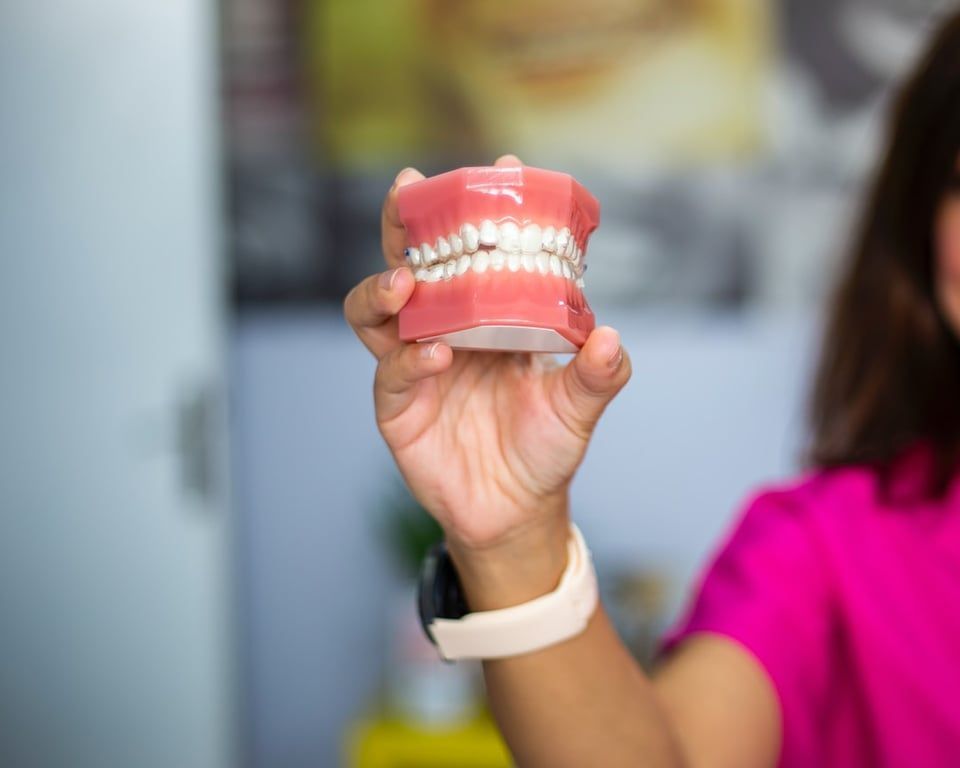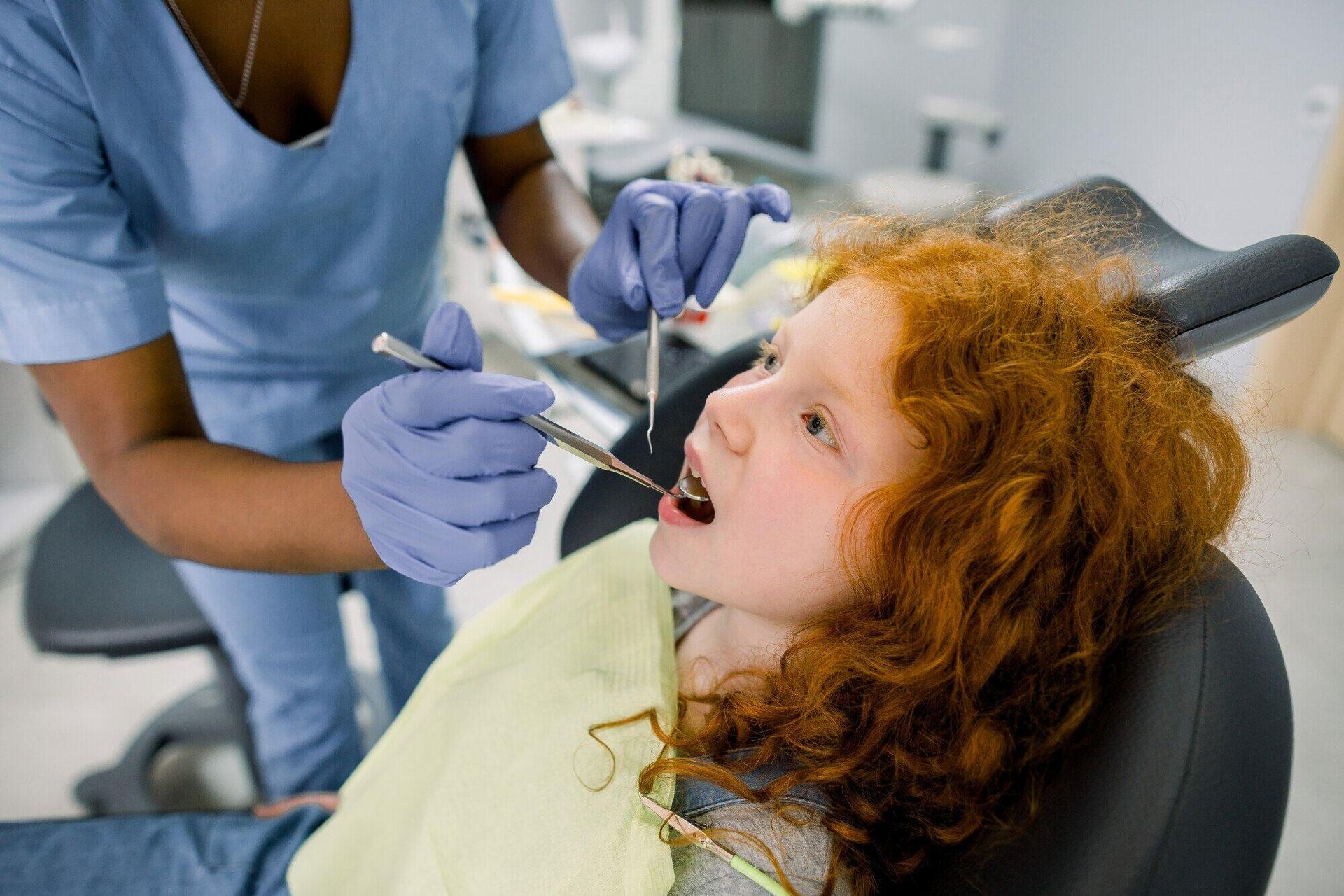What to Know About Dental Crowns From a Dentist in Friendswood, TX
Learn about the different types of dental crowns and why you might need them in this guide from a dentist in Friendswood, TX.
According to the National Institute of Dental and Craniofacial Research, 21% of children between 6 and 11 develop cavities in their permanent teeth. Approximately 90% of adults between 20 and 64 have cavities.
If you or your child has a bad cavity or a damaged tooth, you might be a candidate for a dental crown.
Dental crowns are often the best solution for a tooth that can't be filled or for badly eroded tooth enamel.
If you've never had a crown before, it might sound like a daunting procedure. Fortunately, having a dental crown put in is not painful, and has a very quick recovery time.
Keep reading to get clear on everything you need to know about dental crowns from a dentist in Friendswood, TX.
What Are Dental Crowns?
A dental crown is a tooth-shaped cap that dentists place over a weak or badly damaged tooth. Dental crowns completely encase a tooth.
They can restore the shape, look, strength, and integrity of compromised teeth.
Types of Dental Crowns
Dental crowns are perfectly molded to mimic the shape of your original tooth. They are typically made from:
- Ceramic: can be perfectly color-matched to your teeth and is ideal for people with metal allergies
- Porcelain-fused-to-metal: consist of a metal framework coated with porcelain, which yields strength and provides a natural appearance
- Metal, such as gold and silver: highly durable and resistant to wear
- Zirconia: Highly resistant to chipping and heavy biting and can be finely color-matched to existing teeth
The best type of crown to get will depend on your budget, the location of the tooth, and your oral needs.
When You Might Need a Dental Crown
Are you wondering whether you or your child is a good candidate for a crown? Crowns can rectify more serious levels of damage and decay than fillings.
You Have a Badly Decayed or Damaged Tooth
If your tooth has a big cavity, your dentist might not be able to properly restore it just by filling. For fillings to hold, there has to be a certain amount of tooth still intact.
If the remaining tooth is too fragile to be filled, your dentist will use a crown to cap and protect what's left of it.
Your or Your Child Has a Cracked Tooth
If you have a cracked or fractured tooth, this is another instance where your dentist might recommend a crown. Filling a badly cracked or fractured tooth isn't usually enough to hold it together. A crown can provide support and protect the tooth from further damage.
You're Dealing With Severely Eroded Tooth Enamel
Crowns are also a good option for severe tooth enamel erosion from things like acid reflux, teeth grinding, and acidic foods and beverages. They can restore the exterior of the teeth and provide sensitivity relief.
You Want to Cover up an Ugly Tooth
Dentists also use crowns for cosmetic purposes. If you're struggling with misshapen, poorly aligned, or stained teeth, dental crowns can be a solution to consider, especially if dental veneers are not an option.
You Need a Root Canal or Bridge
If you're getting a root canal done or a dental bridge put in, you will most likely need to get a crown done. Root canals leave teeth brittle. Crowns strengthen and protect the remaining tooth.
For bridges, dentists typically use crowns as anchor points.
What to Expect During the Dental Crown Process
Do you think you need a dental crown and are feeling anxious about what's involved? Or maybe your child is likely due for a crown, and you need to walk them through the process?
Roughly 70% of people hate going to the dentist. Aproximately 50% of Americans have dental anxiety. The best way to put your fears at bay is to know what to expect during a dental procedure.
And the place to get answers is from your local dentist in Friendswood, TX. Here's what to expect when getting a crown done.
The Initial Consultation
During the initial consultation, your dentist will examine your mouth and decide if you're a good candidate for a crown. They may need to take X-rays to determine the severity of tooth decay and the integrity of the surrounding teeth.
If they determine that a crown is the best option for you, they will prep the tooth by removing any decay. They will also shape it to take the crown. Often, the dentist will have to remove a portion of the enamel.
Once the tooth is prepared, your dentist will take an impression of it using a digital scanner or dental putty.
The impression of your tooth will go to a lab that will manufacture your crown. This process can take a number of weeks.
Your dentist will attach a temporary crown to your tooth while you wait for your permanent crown.
The Final Crown Placement
Once the permanent crown is ready, you will need to go back to your dentist. They will check the look, bite, and fit of the permanent crown. If the crown is a perfect fit, they will remove the temporary crown and bond the permanent crown with dental adhesives.
How You Feel After a Getting a Dental Crown
After getting a dental crown, you might feel some sensitivity and mild discomfort, but this should taper off within a couple of days. Most people are able to resume work or school the same day or the next day.
Taking Care of Your Crown
Looking after a crown isn't nearly as difficult as say, keeping a set of braces clean! But thorough dental hygiene is still important.
If you don't brush and floss the area regularly, this can cause plaque buildup at the base of the crown, which can lead to further cavities down the line.
Are You Looking for a Family Dentist in Friendswood, TX?
Dental crowns can protect, restore, and strengthen a badly damaged tooth. If you or your child has badly damaged tooth enamel or a very large cavity, your dentist might recommend a crown.
Are you in need of a family dentist in Friendswood, TX? We specialize in dental services for children. Our team takes the time to make dental appointments as pleasant and non-scary as possible. To make your life easier, we also offer general dental services for adults.
Keep on top of your family's dental health and contact us to book an appointment.














